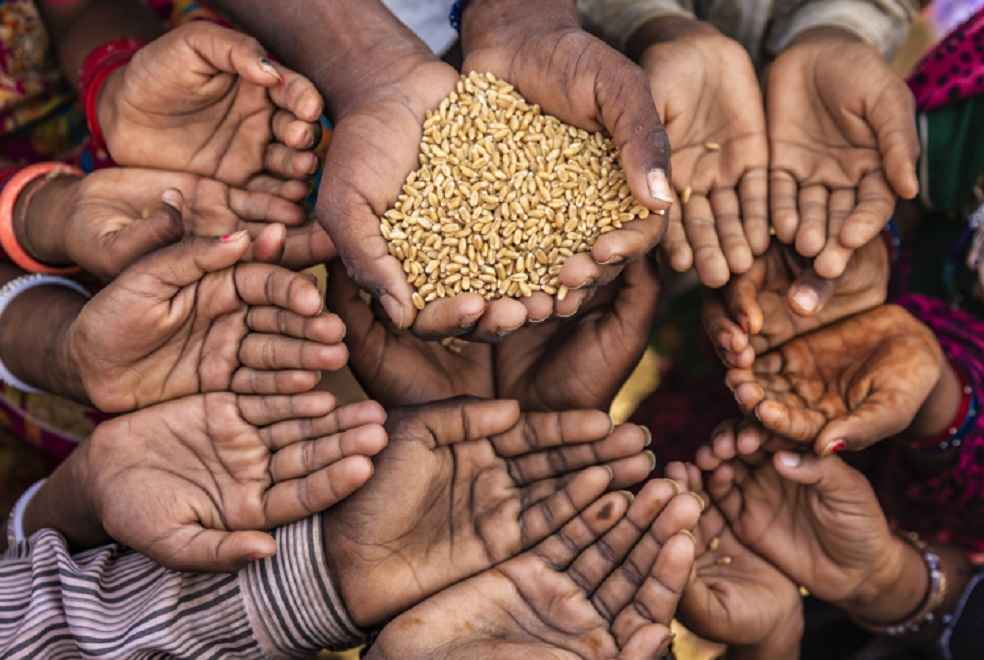Global food insecurity has risen sharply in recent years, eroding decades of progress in combating hunger. According to a new UN Trade and Development (UNCTAD) report released on December 12, over 280 million people face acute food insecurity, a situation that endangers lives. Additionally, 713 million people grapple with chronic food insecurity, a number that has grown by 150 million since 2019. Without immediate global action, 582 million people could experience chronic hunger by 2030.
Root Causes of Food Insecurity
The primary drivers of acute food insecurity include socioeconomic shocks, poverty, inequality, armed conflict, and the escalating effects of climate change. These factors disrupt food production, supply chains, and access to affordable nutrition, further exacerbating hunger worldwide.

Role of Trade in Combating Hunger
Trade is essential for increasing food availability, reducing prices, and ensuring access to diverse, nutritious diets. It helps countries mitigate shocks like droughts and conflicts. For example, African nations depend on imports for 30% of their cereal needs, maintaining food supply despite regional disruptions.
The Black Sea Initiative during the Ukraine war underscored trade’s importance. Facilitated by the UN and Turkey, the initiative enabled food and fertilizer exports from Ukraine and Russia, stabilizing global food prices and lowering the FAO Food Price Index by 23%.
Challenges of Trade on Food Security
While trade enhances food security, it poses challenges for countries heavily reliant on imports. Tariffs and non-tariff measures, like sanitary standards, can increase food costs by up to 20%, reducing accessibility. Import dependency also leaves countries vulnerable to price spikes and supply disruptions, as seen in Yemen and Haiti, which meet 93% and 86% of their cereal needs, respectively, through imports.

Policy Recommendations for Effective Trade
UNCTAD outlines measures to optimize trade’s role in combating hunger:
- Reduce tariffs and non-tariff measures to lower costs and improve affordabilityStrengthen regional trade
- and cooperation for resilience against global disruptions.
- Provide technical assistance to boost export capacity in vulnerable economies.
- Introduce a short-term export facilitation mechanism to enhance food export capabilities, which can be discussed at international forums like the WTO.
Call to Action
The rise in hunger demands urgent, coordinated global attention. Trade presents a pathway to building resilience and ensuring food security but must be complemented by targeted policies to address disparities. UNCTAD’s framework offers actionable solutions to tackle one of the most critical challenges of our time, ensuring no one is left behind.
BANKING & FINANCE | Algeria Aims to Lead Trade Insurance in Africa and Arab World



